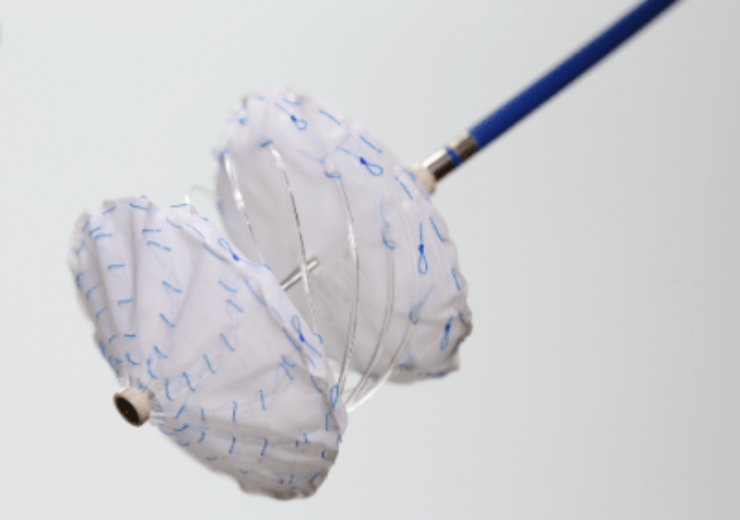Enrolling up to 250 patients, the prospective and single-arm study is designed to assess the safety and efficacy of the reSept ASD occluder, a metal-free and bioresorbable frame, in the treatment of patients with clinically significant and isolated atrial septal defect, which is commonly described as a hole in the heart

atHeart Medical has secured FDA IDE approval for reSept ASD occluder’s second phase trial. (Credit: atHeart Medical)
atHeart Medical has secured an investigational device exemption (IDE) approval from the US Food and Drug Administration (FDA) to commence the second phase of its Ascent atrial septal defects (ASD) pivotal study.
The prospective and single-arm study is designed to assess the safety and efficacy of the reSept ASD occluder in the treatment of patients with clinically significant and isolated ASDs.
According to the company, the trial’s primary endpoints will be compared with established performance goals for transcatheter ASD occluders approved by the FDA.
atHeart Medical CEO Laurent Grandidier said: “As we initiate the second phase, our team is focused on adding clinical sites across the US and expanding internationally to include several enrolling sites in France.
“I commend the team’s diligence to further validating the safety and efficacy of the reSept ASD occluder, a critical step in our journey to evolve septal closure and provide a better solution for patients.”
The reSept ASD occluder, which is designed with a metal-free and bioresorbable frame, is expected to help patients to avoid complications associated with long-term presence of metal in the heart and limit future transseptal interventions such as mitral valve interventions.
atHeart will recruit up to 250 patients in a global multi-site clinical investigation study of the reSept ASD occlude.
The trial aims to show the safety and efficacy of the reSept ASD occluder in the treatment of clinically significant secundum ASD with a transcatheter approach as compared to pre-defined performance goals from other commercially available occluder devices.
In July last year, atHeart Medical announced that the first five patients in its ASCENT ASD US IDE pivotal trial were successfully treated.
